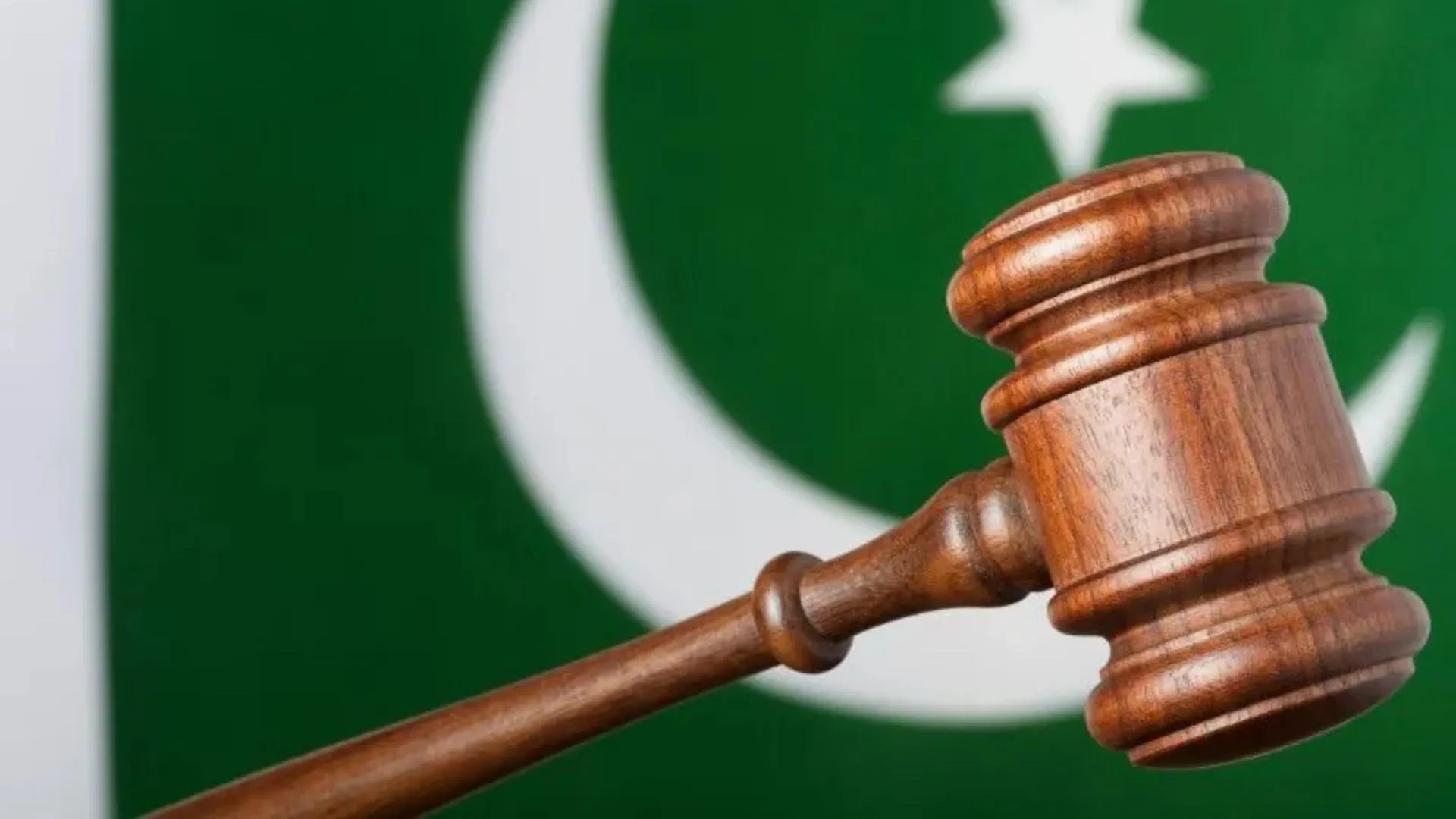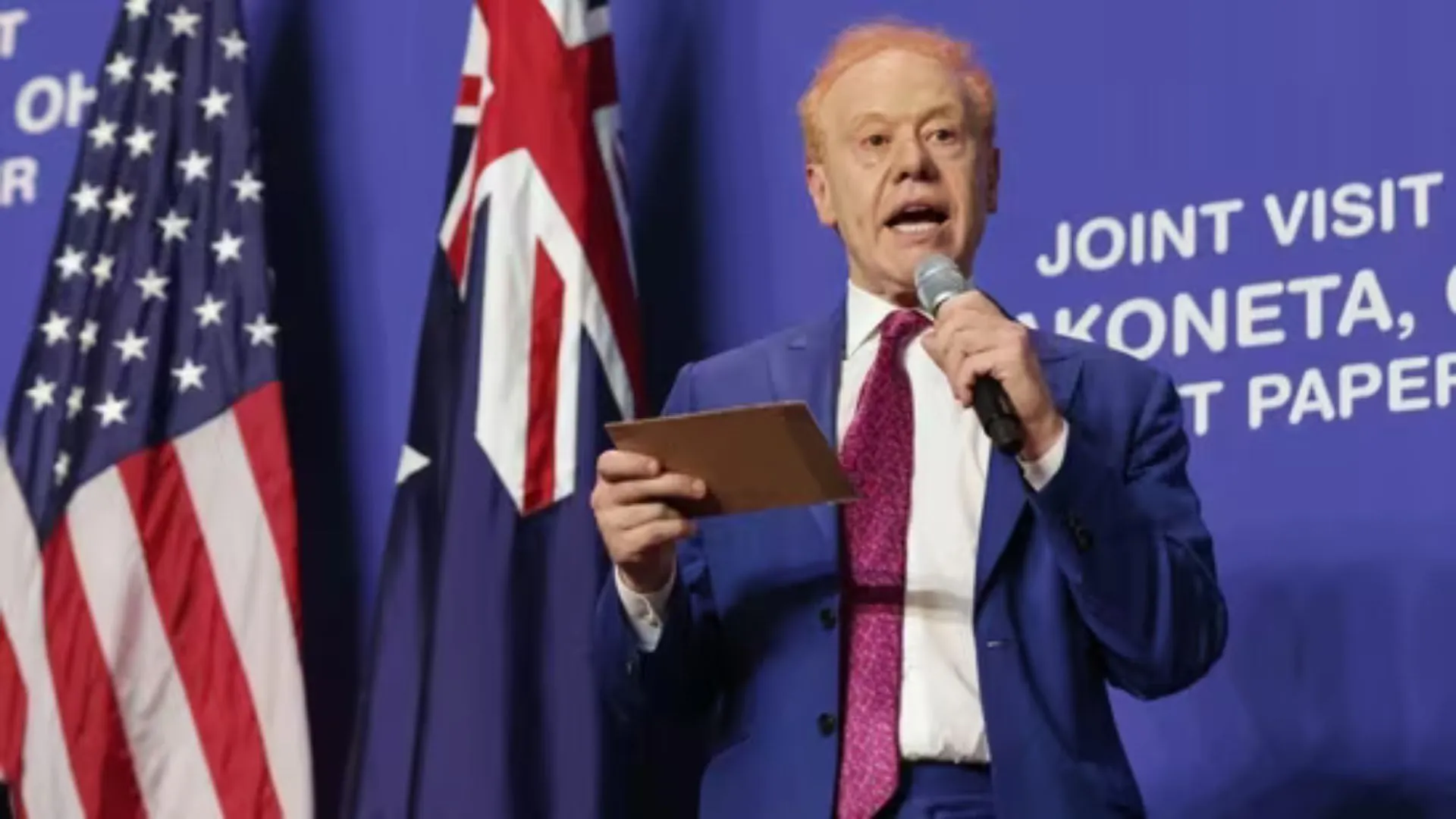Tel Aviv [Israel], December 16: The Israeli cabinet, led by Prime Minister Benjamin Netanyahu, has unanimously approved a $11 million (40 million Israeli New Shekel) plan to double the settler population in the Golan Heights. The decision, described as a “demographic development” initiative, aims to bolster education, renewable energy, and housing infrastructure while attracting new residents.
Currently, around 50,000 people live in the Israeli-controlled Golan Heights, evenly divided between Jewish settlers and Druze communities. This plan seeks to significantly increase the population in the strategically significant region.
“Strengthening the Golan is strengthening the State of Israel, and it is especially important at this time. We will continue to hold onto it, cause it to blossom, and settle in it,” said Netanyahu in a statement.
Historical Context and Controversy
The Golan Heights was captured by Israel from Syria during the Six-Day War in 1967 and formally annexed in 1981. While the United States recognized Israeli sovereignty over the Golan Heights in 2019, most of the international community, including the United Nations, does not.
The recent plan coincides with heightened tensions in the region. Following the overthrow of Bashar al-Assad’s regime by rebels led by Hayat Tahrir al-Sham (HTS) on December 8, Israel has intensified its military activities across Syria.
According to The Washington Post, Israel has launched airstrikes and a ground incursion into areas beyond the occupied Golan Heights, targeting Syria’s diminished military infrastructure.
Syria’s Response
Syria’s new leader, Ahmed al-Sharaa, criticized Israel’s actions, labeling them as “uncalculated military adventures.” He emphasized his government’s focus on rebuilding Syria rather than engaging in further conflicts.
“Syria’s war-weary condition, after years of conflict and war, does not allow for new confrontations. The priority at this stage is reconstruction and stability, not disputes that could lead to further destruction,” al-Sharaa said during a televised interview.
Netanyahu’s Vision for the Middle East
In a social media post, Netanyahu expressed confidence in Israel’s role in reshaping the region.
“I said we would change the Middle East, and this is what is happening. Syria is not the same Syria. Lebanon is not the same Lebanon. Gaza is not the same Gaza. Iran is not the same Iran,” he wrote on X.
Implications of the Settlement Expansion
The approval of the Golan Heights settlement plan has drawn international attention. Critics argue that the expansion violates international law, while proponents see it as a strategic move to strengthen Israel’s position in the region.
As Israel advances its agenda, the world watches closely, anticipating the potential geopolitical consequences of this significant policy shift.














